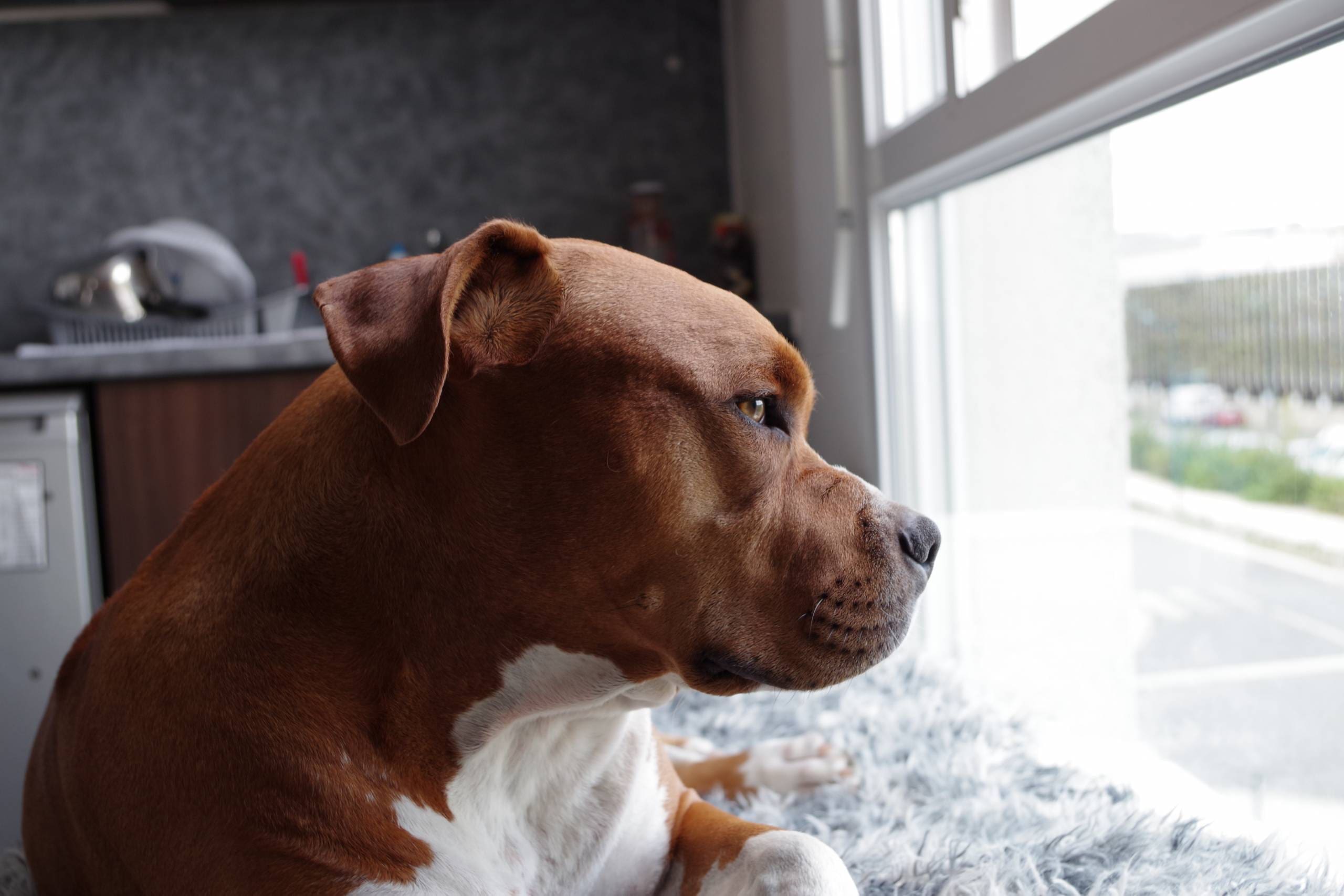
Firstly, it’s essential to understand that dogs use licking as a form of communication and self-care. Licking is a natural behavior for dogs, and it serves various purposes, including grooming, wound cleaning, and even as a way to alleviate itching or discomfort. When a dog licks its rear end, it could be an attempt to clean themselves, especially if they’re unable to reach that area with their paws. Dogs are known for their cleanliness, and licking their behinds can be a way for them to maintain personal hygiene.
Additionally, dogs have scent glands located in their anal region, which emit pheromones that are unique to each individual dog. When a dog licks its behind, it’s possible that they are trying to spread their scent as a means of marking their territory or communicating with other dogs. This behavior can be particularly common when a dog encounters a new environment or other unfamiliar dogs. In these situations, licking their behinds can serve as a way for them to assert their presence and leave a trace of their scent.
Furthermore, dogs may lick their behinds due to medical reasons. Anal gland issues, such as impaction or infection, can cause discomfort or irritation for dogs, leading them to lick the area excessively in an attempt to alleviate the discomfort. If you notice your dog excessively licking its rear end, it’s essential to consult with a veterinarian to rule out any underlying health issues that may be causing this behavior.
It’s important to remember that while dogs licking their behinds may seem strange to us, it’s a normal and instinctive behavior for them. As responsible pet owners, it’s crucial to observe our dogs’ behaviors and understand the reasons behind them. If you notice any significant changes in your dog’s licking behavior, especially if it’s accompanied by signs of discomfort or distress, seeking advice from a veterinarian is always the best course of action.
In conclusion, dogs lick their behinds for various reasons, including grooming, communication, and potential medical issues. Understanding the motivations behind this behavior can help us better comprehend our canine companions and ensure their well-being. So, the next time you catch your furry friend engaging in this behavior, remember that it’s just a part of their natural instincts and instincts.[/fusion_text]



